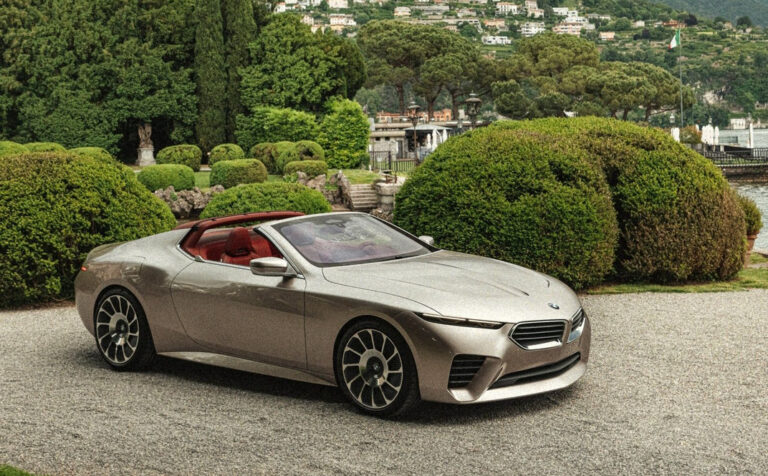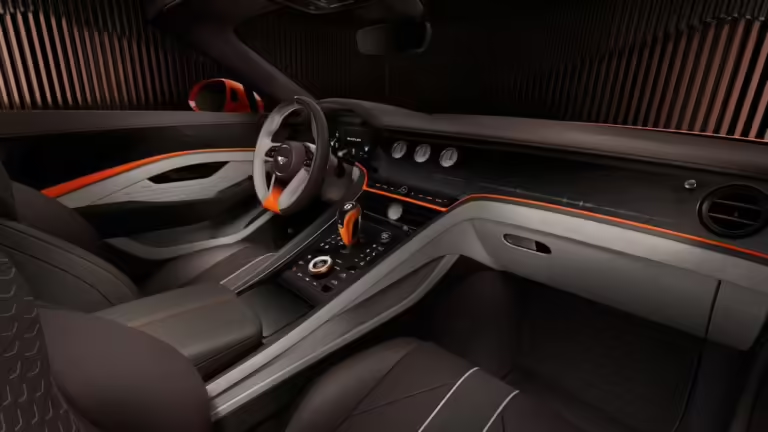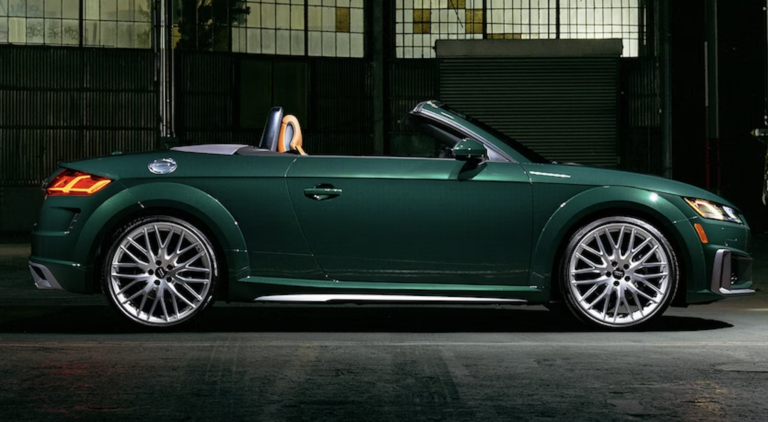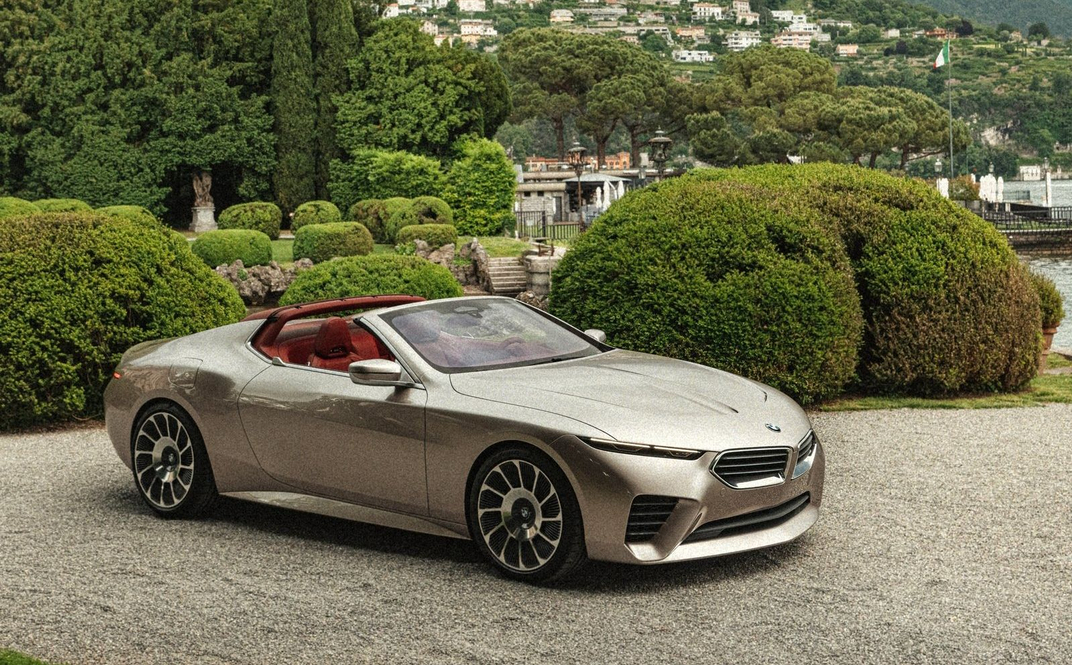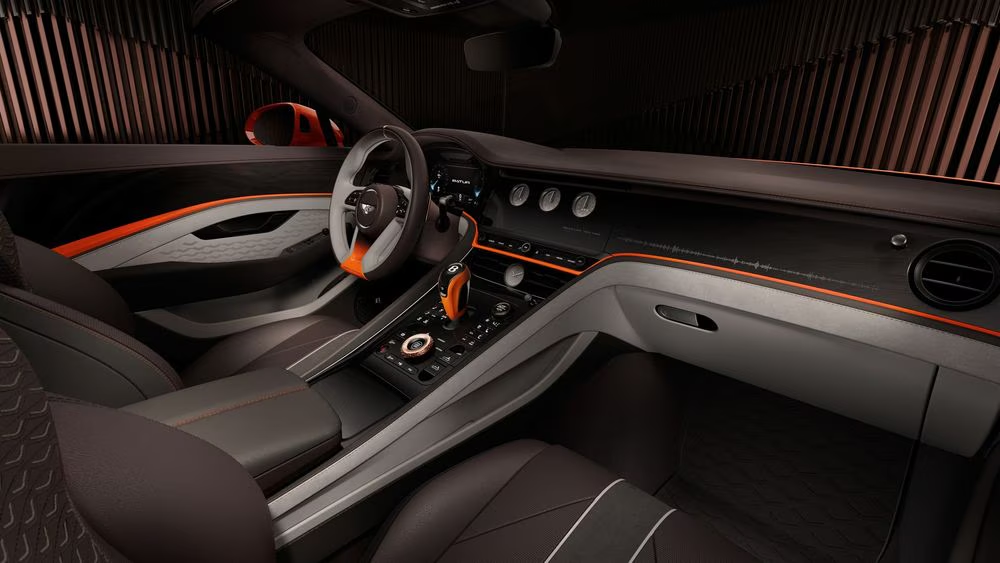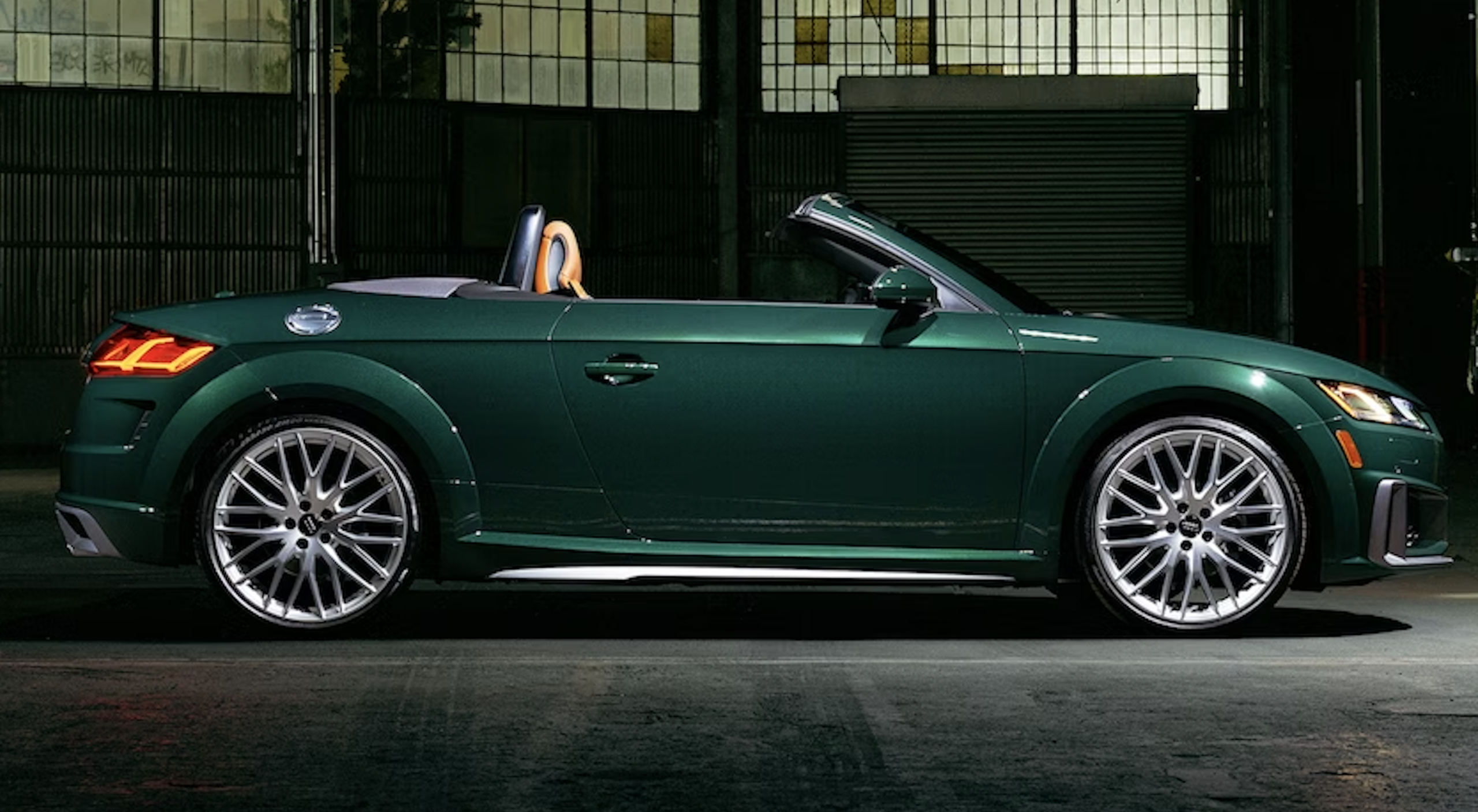CABRIO POLAND Foundation partners with FIVA international organization

Redakcja Cabrio Magazyn
December 2, 2019r.
Similar from this category
21 June, 2024
13 November, 2023
01 November, 2023
BMW Skytop Concept. Luxury Targa in limited edition
21 June, 2024
AUDI TT FINAL EDITION or the end of a design icon
13 November, 2023
DS MANAGER. HAPPINESS AND POSITIVE VIBES WITH PARTNERS
01 November, 2023
We are very pleased to announce that the CABRIO POLAND Foundation has become an official FIVA Partner.
However, it is appropriate to write what FIVA is and how it works. The International Federation of Historic Vehicles (Fédération Internationale des Véhicules Anciens – FIVA) was established in 1966. in France as an international federation of clubs and organizations for owners of historic vehicles. It is the only federation of its kind honored by UNESCO. FIVA operates on a “nonprofit” basis living off membership fees and sponsor donations.
FIVA’s most important task is to promote the preservation of historic automobiles and facilitate contacts and cooperation between clubs around the world. FIVA also aims to represent, directly or through affiliated clubs, the interests of the historic vehicle community to legislative authorities in individual countries or groups of countries (such as the European Union). One of the most spectacular successes achieved recently was the negotiation, thanks to lobbying in the European Parliament, of the exclusion of vehicles considered historic and parts for these vehicles from the list of “waste” included in the law on the disposal of end-of-life vehicles. Not insignificant was the fact that during the negotiations at the European Parliament, FIVA organized a demonstration in front of the Parliament’s headquarters in Strasbourg with the participation of more than 1,000 historic vehicles. Cars and motorcycles from as many as eight Union countries descended on the demonstration.
In addition, FIVA maintains a register and classification of historic vehicles to document the history and confirm the originality of individual cars and motorcycles. The record kept is of great value to potential buyers of vehicle models that have now lived to see their replicas assembled often using many original components. Thanks to the registry, you can avoid mistakenly buying a Jaguar E-type assembled in 1999 as a 1969 car.
FIVA also sponsors historic vehicle events around the world, which are organized by its members in accordance with FIVA regulations.
In each country where the members of this federation come from, which are 53 clubs and organizations from 36 countries, there is an elected ANF of FIVA, so called. FIVA’s National Authority, an organization with specific authority over issues related to the registration of historic vehicles in the country and in FIVA’s files. In the case of Poland – the only member of FIVA is the Polish Motor Association, which simultaneously serves as ANF.
The following committees operate within the FIVA structure:
- Events Committee (which oversees the conduct of rallies and rallies under the auspices of FIVA),
- Technical Committee (which keeps a record of vehicles and evaluates their originality and degree of restoration),
- Legal Committee (which conducts membership affairs),
- Parliamentary and European Relations Committee (which lobbies for favorable legislation in individual countries and the European Union),
- Committee on Utility and Industrial Vehicles (representing the interests of owners of such vehicles),
- Historical Commission (deciding and reviewing issues concerning the production history of specific vehicle models),
- Motorcycle Commission (representing the interests of antique motorcycle owners).
For more information about the FIVA, visit: www.fiva.org The page will open in a new window
